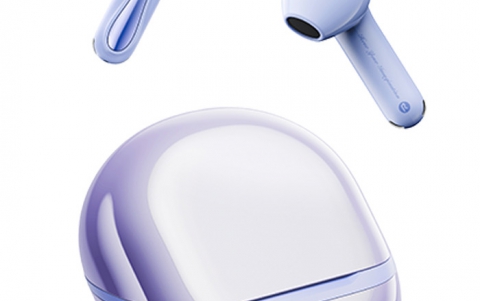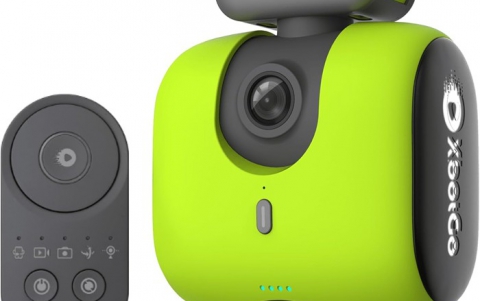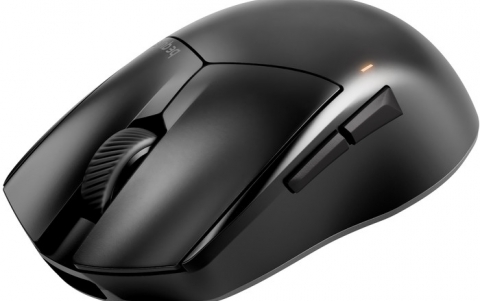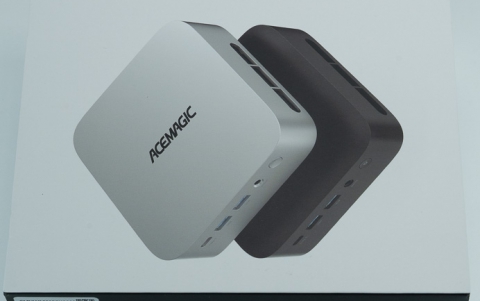Intel D 840 Dual Core CPU
10. Audio/Video Encoding, Compression
Review Pages
Benchmarks are good for reference and comparison reasons but what about real performance? For this reason we did some simple tests using popular utilities for tasks that most users perform every day.
dBPower Tests
In the following graph, you can see how the three different CPUs performed while encoding the same audio file into different formats. For this we used a whole music CD with a size of 750MB. We ripped the AudioCD using EAC and then with dBPower encoded from one format to another. The times needed for each task are given below (the lower, the better off course :-)

As we've mentioned previously, the D 840 does not differ from a single core processor when it comes to single thread processes.
The settings with dBPower were the same for all CPUs. Analytically:


DVD Shrink Tests
Compressing a movie from DVD9 to DVD5 is a very common task. For this reason, we ripped an original movie (which we own of course :-), using DVD Decrypter. Then with DVD Shrink, we compressed it in order to fit on a DVD5 disc. The size of the original movie was 6.85GB and we crunched it down to 4.463GB. Below you can see how many frames per second each CPU can process and the total time needed for the encoding.

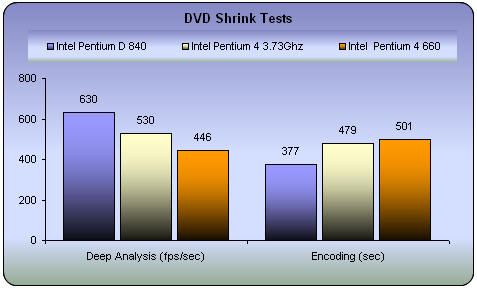
It is amazing to see how many fps the D 840 can process. This is the highest framerate we have seen. The encoding time required is one and a half minutes less than with the 3.73GHz ED. So, for video processing with DVD Shrink, the D 840 is simply excellent.
DivX Tests
Another very common task is to convert a movie into the DivX format. For this we used a vob file sized 202MB which we converted to AVI with Flask MPEG. The settings are shown below:



Unfortunately, not as good a performance when encoding to DivX as we saw with DVDShrink and the D 840 was the slowest of the three processors.
WinRAR Tests
Using a folder with 101MB of a variety of files, we checked how long each of the CPUs needed to compress and extract them.

When compressing, the P4 3.73GHz was a good deal faster while with decompression, the D 840 was slightly faster.
The performance of the D 840 is very much dependent on the application in question and more specifically, how that application has been coded, i.e. whether it has been designed to take advantage of multi-threading or not. Multiple threads means two or more tasks from the same process running simultaneously, something that is well suited to the D 840.
Review Pages










